「awesome」 という英単語の発音は難しいと思いますので、みんなさんのために、「awesome」の発音上達の音声ファイルをおつくりしました。 僕はイギリスとアメリカのハーフですから、発音は国際英語っぽいと思います。
録音を聞きたい方は、以下のボタンを押してください。
Awesome!
すげぇ!
That would be awesome.
最高だと思うよ。
It’s really awesome.
本当に素晴らしい!
This room’s view is awesome.
この部屋の観暮らしは最高だ!
awesomeの使い方についての記事を読みたい方は、以下のリンクをクッリクしてください。
awesome 意味

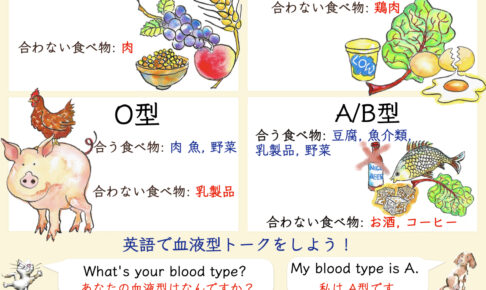
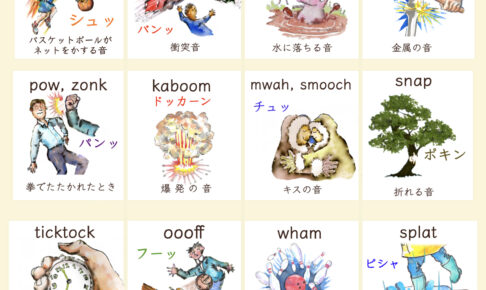
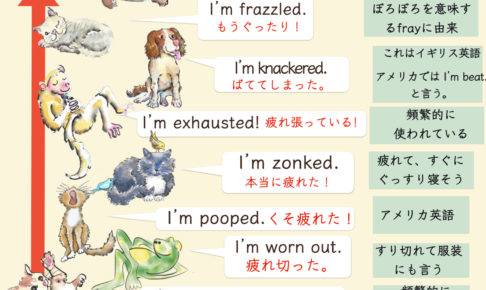
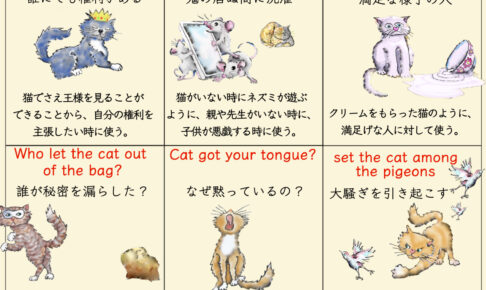





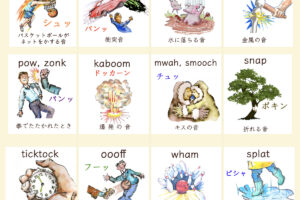
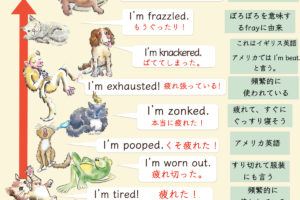
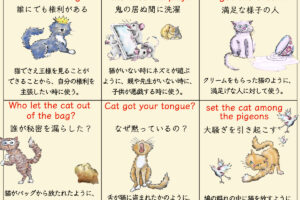
「観暮らし」って何でしょう?「見晴らし」ではないですか?
Awesomeについてわかりやすくて良かったです!
発音もずっと「アーサム」だと思ってたから
正しい発音を知ることができて良かった!
英語には正しい発音という概念はないですよ。同じ英語圏の国の中でも発音が異なっていて、お互いに通じない例は珍しくない。そのような現実があるため、toeicの英語検定では、「イギリス英語発音」、「アメリカ英語発音」と「オーストラリア英語発音」で問題を読み上げ、受験者にその違いなどを学習そして理解できるようにしています。
それは、どの国の英語発音で聞いていたかによる。このページの音声はイギリス英語よりだから「アーサム」に聞こえないだけで、アメリカ人の発音だったら、そのように聞こえると思います。
[…] 「awesome」に関連している記事 amazing radical What’s up? awesomeの発音 […]
オースンなんだな。
ずっとアワソメって思ってたwwwww
発音の話をする時は、「イギリス英語」、「アメリカ英語」、「オーストラリア英語」、「ニュージーランド英語」等ときちんと明記しないといけないと思います。
補足:「国際英語っぽい」という表現の「国際英語」の定義がないためです。ただし、「neutral english accent」という概念は存在します。個人的な造語は御幣を招くのでよろしく
哇evsdvv
王さん
Hi Luke,
The sound of a word ” awesome ” is below:
・ UK /ˈɔː.səm/
・ US /ˈɑː.səm/
I heard your sound file on this page to try to judge rightly which one is your sound.
I feel your pronunciation is British like.
Besides,the sound is [ ɑː ] where is [ɔː ]
in ” awesome ” by American English.
For example,” walk ” is also the same in pattern
which is ” UK :[ ɔː], US :[ ɑː ]:
■walk:
・ UK /wɔːk/
・ US /wɑːk/
( What is the difference? )
・ [ ɔː ] is also low & long vowel similar to the [ ɑː ].
・In some areas of the United States,the sound [ ɔː ] is not used but [ ɑː ], except the sound which [ ɔː ] is followed by ” R ” consonant
・[ ɔ ] :1. open-mid 2. mid back 3. rounded
・[ ɑ ] :1. open 2. back ( retracted )3. unrounded
・Tongue shifts back in [ ɔː ]
・The tip of the tongue does not touch anything and pulls back in [ ɔː ]
・It’s not quite forward but flips up in [ ɔː ].
・The lips flare a bit in [ ɔː ]
・The cheeks coming in and shifting forward a little bit
in [ ɔː ]
・In [ ɑː ],the jaw drops less than [ ɔː ]
・In [ ɑː ],the lips are relaxed
・[ ɔː ] is long vowel and it is the up-down shape of stress
(E.g1.): saw:
・ UK /sɔː/
・ US /sɑː/
(E.g2.):on:
・US /ɔn, ɑn/
* I think that these things below:
[ ɔː ] is basically long vowel,[ ɔː ].
In US dictionaries, [ ɔː ] is showed as [ ɔ ].
But,[ ɔ ] is Not shorter than [ ɔː ].
Because,[ ɔ ] is used in US dictionaries to represent the same pronunciation as[ ɔː ] .
Otherwise,[ ɔ ] in ” on ” can be also considered as unstressed syllable which is neither long sound
nor high in pitch.
But,its reason is not by the key [ ɔ ],but by the word “on”.
Think about a verb ” saw “.
If it is in the sentence,the word ” saw ” is stressed.
On the other hand, ” on ” is considered just a function word that is not stressed in the sentence.
It is changed except like this:
” Move on.”
In this case,the speaker may have intent to stress ” on ” as well as the verb ” move “.
But,if ” on ” is in more longer sentence,it would be stressed another word like verb or something.
In the case,the sound [ ɔ ] is extremely quick.
( ” n ” is also instant in ” on “.)
Unstressed syllables are shorter than stressed syllables,
the unstressed of a vowel or diphthong doesn’t take the full mouth position of the stressed version.
■ [ ɔːr ]
Moreover,[ ɔ ] is affected by following consonants.
When the [ ɔ ] is followed by the “R “,the sound does change.
The lips flare more,and the tongue pulls back more and up a little bit.
The sound which is [ ɔ ] followed by [ r ] is blended at the position where is for the ” R ” .
(E.g.):core:
・ UK /kɔːr/
・ US /kɔːr/
(E.g.):four:
・UK /fɔːr/
・US /fɔːr/
*linking [ r ] is pronounced only before a vowel in British English:
f[ɔːr] + ˈæp.l ̩z = fɔː[ˈræ] p.l ̩z
four + apples = four apples
(E.g.):quarter:
・ UK /ˈkwɔː.tər/
・ US /ˈkwɑː.t̬ɚ/
・ US /ˈkwɔr·t̬ər/
*In sound [ɔːr],the lips round more and the jaw drops less than [ ɔː ].
It’s hard to see the tongue,
but it pulls back and up more than [ ɔː ]
☆I hope you more pronunciation topic!